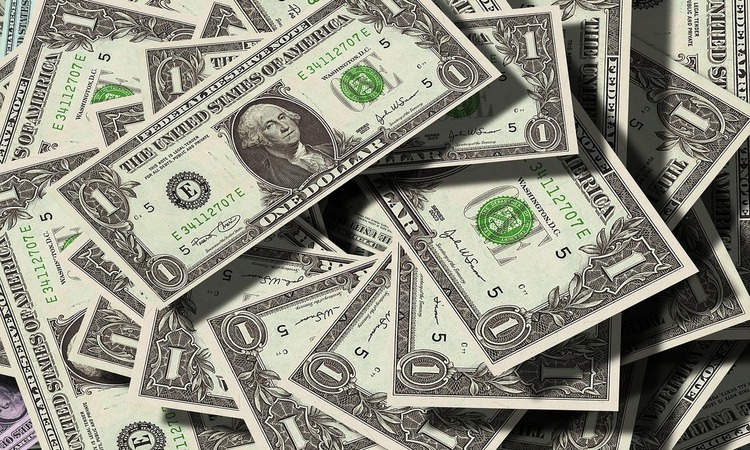
According to Mr Manoj Jain, Director-Commodities and Forex banking at IndiaNivesh Securities Ltd. “The recent corporate tax reforms initiated by the government and other measures taken to provide a boost to the domestic equity market has seen the Rupee gain sharply against the dollar. India’s foreign exchange reserves have hit a lifetime high in October. However, we expect gains in the rupee will be capped by appreciating crude oil prices.”
He added that “A strong rupee will not have much of an impact on the import prices of edible oil and base metals, as prices have recovered in the international market after the US Federal Reserve cut key interest rate by 25 basis points for the third time this year. Positive headlines on US-China first phase trade deal are also supporting prices. Edible oil prices gained around 5% in the last two months and base metals also gained around 3-5%. Rising prices of Commodities in the international market will not ensure cheaper import of edible oil and base metals in India. In fact it could be costlier in coming months if the trade deal goes through.”
Considering multiple scenarios, he was of the view that it would be much more prudent for traders to focus on calendar spreads in each of these commodities rather than simple spot forward positions. The INR risk in these commodities may be limited for the rest of this quarter, but the intrinsic market risk in these commodities remains. Prudency and caution as part of the trading discipline should be exercised with a high priority, especially as the year end is upon us and global traders will be managing their positions due to their year end targets, which could also lead to sudden whipsaws.
Mr Narinder Wadhwa, President at CPAI put emphasis on internal factors v/s global undercurrents. He said that “One factor that will be critical from hereon is that the trade war between US and China is softening, but on the other hand oil prices are rising which could impact the dollar. The factors that are keeping the dollar range bound are a lot due to internal factors like the central bankers benign policy and the government initiated tax reforms.”



